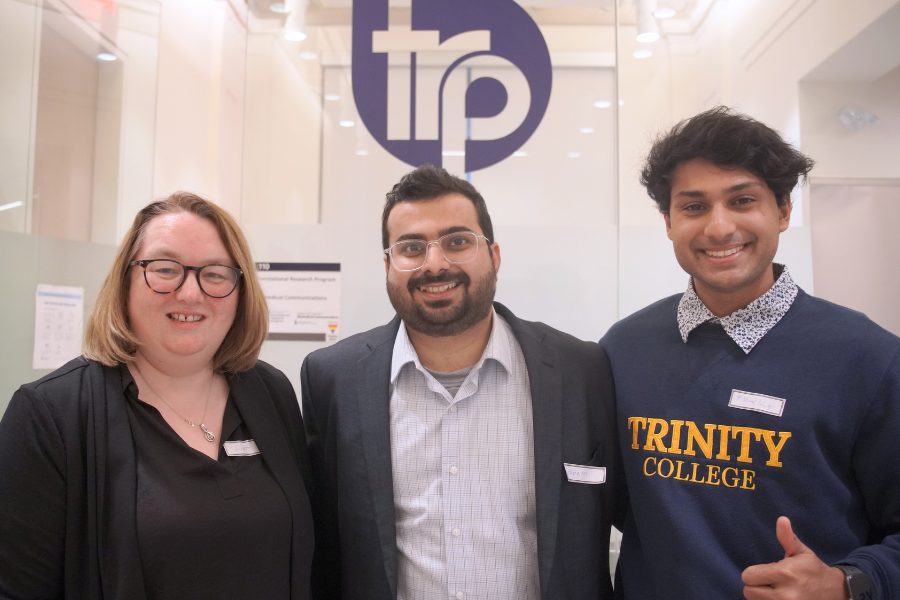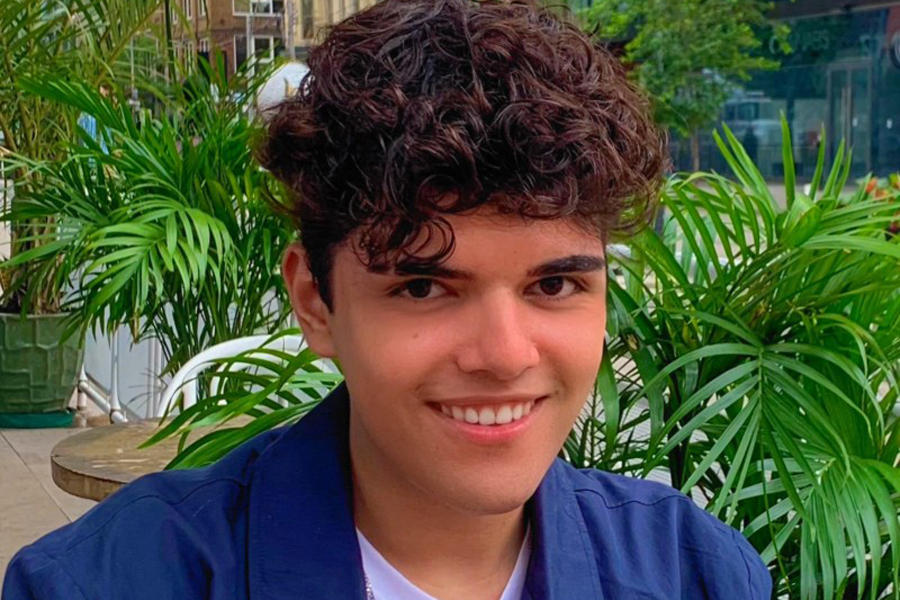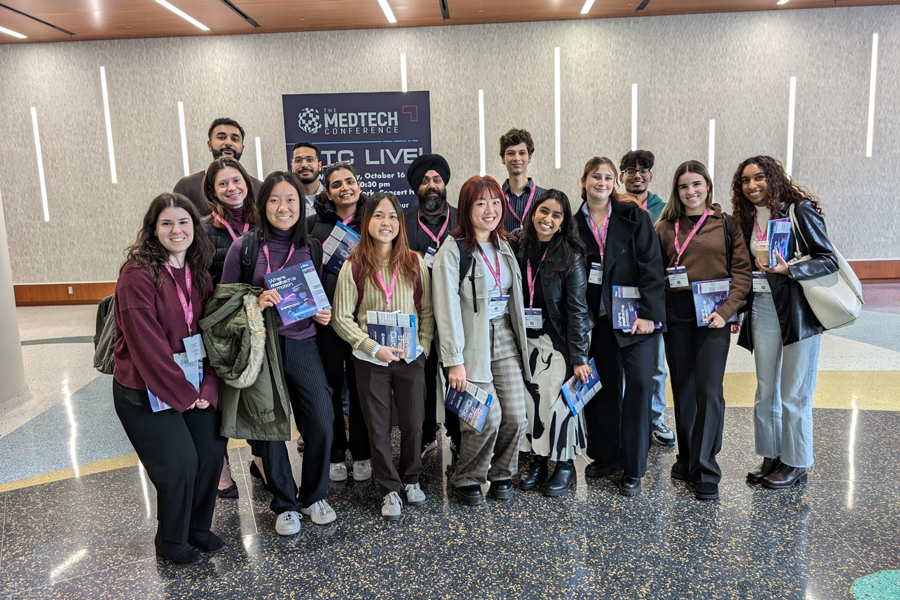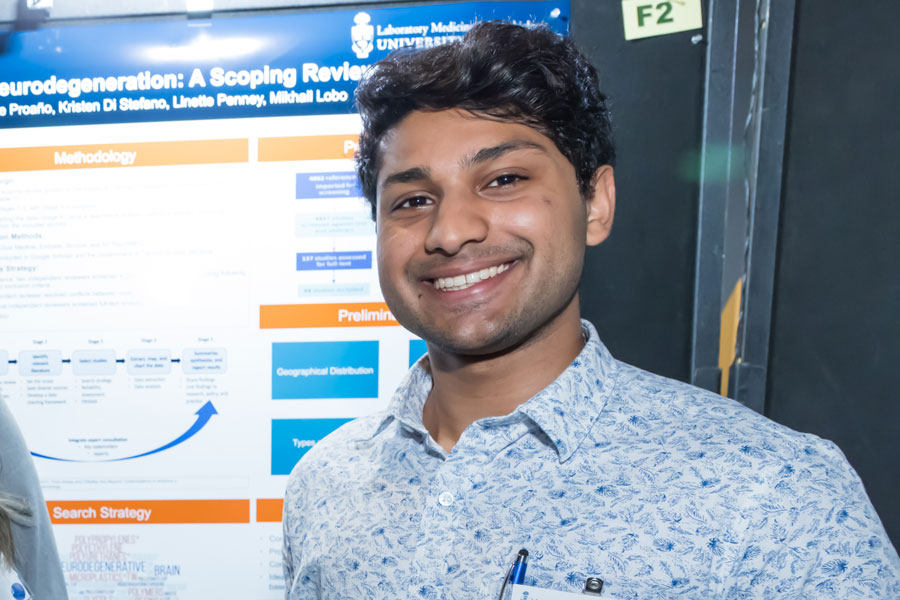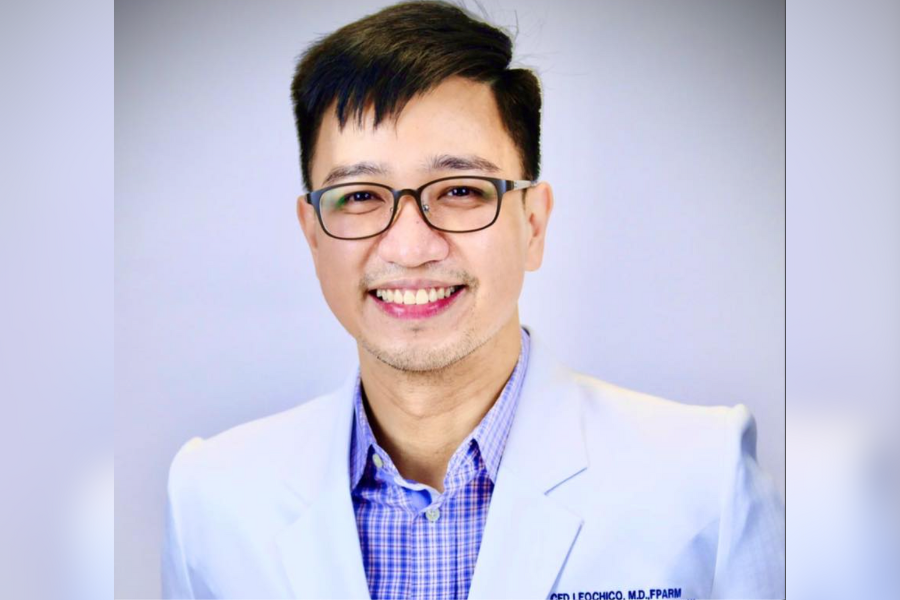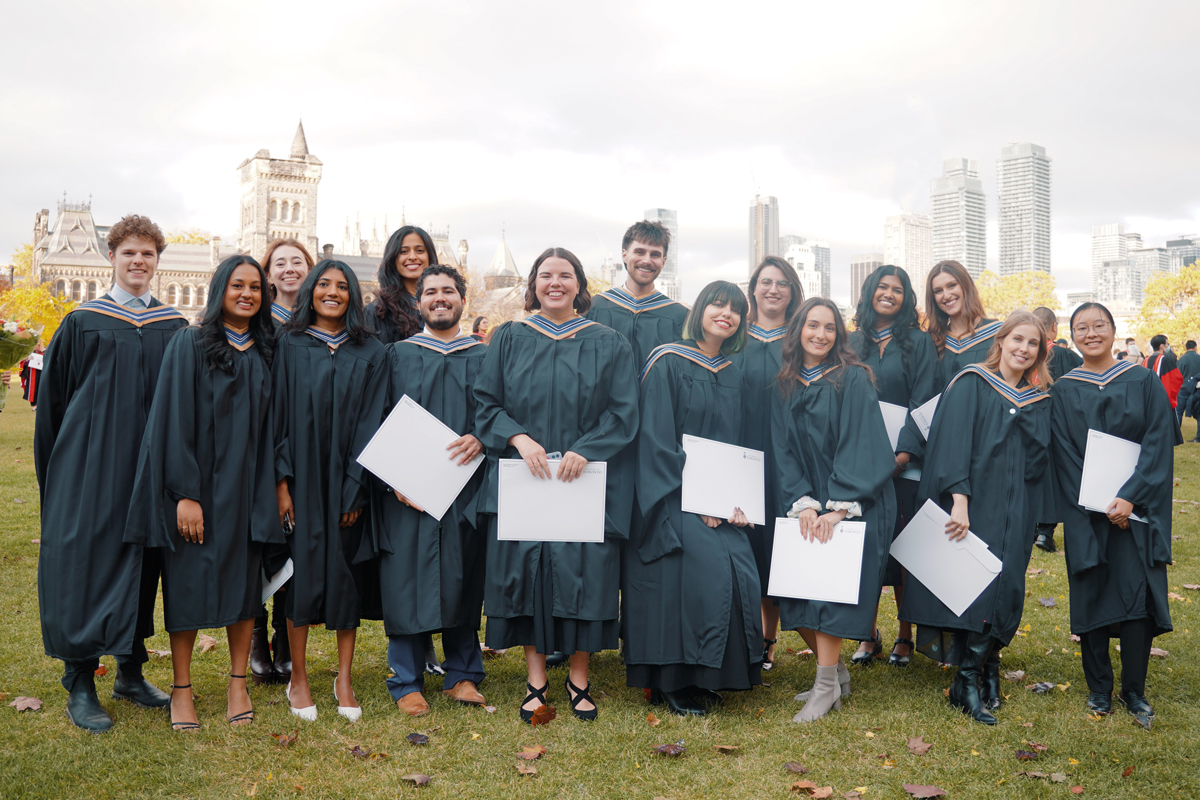
TRP graduates celebrate their achievements at convocation!
The TRP Class of 2022 celebrated their convocation this Fall, marking the culmination of two transformative years.
Together, TRP graduates honored their collective achievements, from completing capstone projects to receiving prestigious awards, and seizing opportunities to participate in conferences, events, and research experiences. Now, as they embark on the next stage of their careers, they are looking forward to making a real impact in the lives of patients.
We asked some of our graduates to reflect on their journey in the program and share their insights with future students.
Carolyn Kelly-Ruetz, Registered nurse

Derek Choi, Health Economics Research Officer, Canada's Drug Agency
Capstone Project: Capstone Project: MedMarket Mavericks
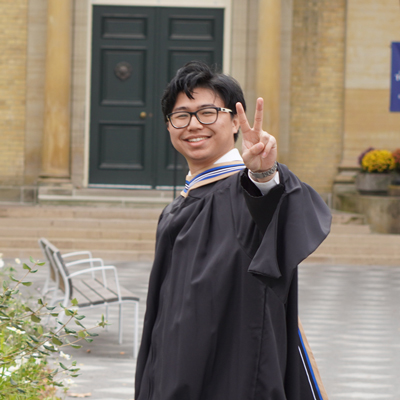
The most important lesson I’ve learnt is to always take a chance on yourself. Throughout the program, I found myself out of my comfort zone, staring down imposter syndrome. Confidence is something that people learn over time. If I didn’t jump head-first into some of the projects I decided to engage in, I wouldn’t have found what I wanted for myself.
I’m proud to announce that I’ve started a role at Canada’s Drug Agency, where I am responsible for providing recommendations on drug reimbursement as a Health Economics Research Officer.
My advice for future translational researchers: Get comfortable staying uncomfortable. Life will always throw challenges, setbacks, and problems at you, and those are all learning opportunities. Becoming comfortable navigating environments where you feel discomfort will prepare you for any challenge in your life.
Janna Mohamed, BSc, Research Assistant, Dalla Lana School of Public Health, University of Toronto
My undergraduate degree was in Translational and Molecular Medicine from the University of Ottawa, where our learning of human diseases was centered on finding ways to have the most impact on people – whether by researching therapeutics for diseases or finding ways to communicate the science in an understandable manner.
This approach to the role of the researcher to become more involved and engaged in the public sector in translating the research resonated with me as I spent my entire undergraduate experience trying to balance between the academic theoretical knowledge of the medical sciences and my love for public service fulfilled by extracurricular work.

I volunteered with St. John’s Ambulance, the Bruyere long-term care home, and many student clubs where I co-founded the University of Ottawa’s Bioethics Association.
I was excited to find a Masters Program to further capacitate my understanding of how to become a translational researcher – bridging between the academic and public sectors. This is why I applied to the Translational Research Program, which was the only program of its kind I could find that adopted an interactive projects-based approach to learning about translation – an intrinsically dynamic field that needed novel pedagogical tools.
Before the program, I had three main questions. First, I questioned what the most effective approach was to choosing a research problem to work on, as there was no shortage of health challenges. The TRP drills many frameworks and steps into us on how to approach selecting a problem and making sure it is actually centering a human need that is desirable and impactful. This knowledge is incredibly useful.
Second, I was unsure how researchers could further their results beyond just understanding the problem through research. The TRP developed the Toronto Translational Thinking Framework (TTF) which incorporates elements from design thinking and the business sector and research to help with exactly that – how to translate and move those results into interventions.
Thirdly, I wanted to learn about all the different ways researchers could have a role in translation. The foundations course exposed us to the Translational Research Continuum where we learned about all the different ways to translate – from basic sciences to population-level and policy work to achieve true benefit to society. What I enjoyed was the wide variety of methods, where each of us was interested in a different angle of translation and could dive into our interests through the modular and elective courses.
I have been working since the beginning of my Masters in the environmental health sector. Moving forward, I will be taking the translational tools with me to continue my advocacy and work to make research more meaningful again for healthier and safer communities.
My advice for future translational researchers: I would recommend reflecting on your learnings often and connecting them to real-world problems. There are many intersecting challenges impacting people’s health, and with your learning, see how you can help contribute to solving problems – it’s never too early to start. To help with this reflection, I would highly recommend, if you have the capacity, to work alongside your academic learning. I was able to make more in-depth connections of how the theory relates to the real world by having my feet on the ground and seeing the challenges impacting the health of people. Find who can take your work further through networking. People are looking for solutions and if you have spent time researching the literature, talking to people or developing a prototype – show it to those who can benefit from your insights.
Subiksha Nagaratnam, BSc, Primary Care Coordinator at the Greater Hamilton Health Network
Throughout my undergraduate studies and in my work in clinical research, I’ve led and contributed to a variety of research and quality improvement projects. A common theme I have observed is the gap between research findings and their implementation in real-world practice. I chose the TRP program to gain the skills needed to bridge this gap, which includes being able to identify real needs within our healthcare system and translate research into person-centred innovations.
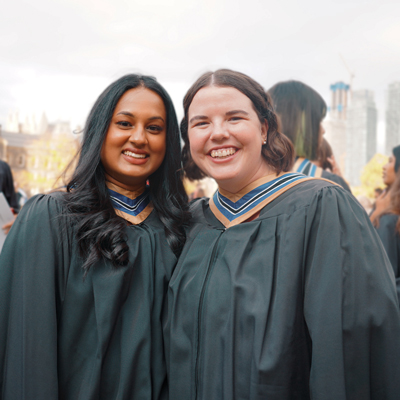
TRP has taught me the importance of collaboration in healthcare, especially when trying to make meaningful and sustainable change. Everyone brings unique skills and perspectives based on their lived experiences to the table, and it is important to embrace this diversity and foster a collaborative environment.
I am currently exploring opportunities to transition my career from clinical research to areas that align with my passion for population health management and evaluation, community-engaged research, and social medicine.
My advice for future translational researchers: take the time to truly understand if your graduate program is a right fit for you. Connect with current students or alumni, and ask them about their experiences with the program. Graduate studies require significant time and dedication, so it’s worth ensuring that your efforts will lead you where you want to go.
Applications are open for the Translational Research Prorgram!
Like this story?
Explore
Join our mailing list
Follow us on social media
Don’t miss our latest program updates, events, stories, and more.
- Room 120
- Old Administration Building
- University of Toronto
- 263 McCaul, Toronto, ON
- Canada, M5T 1W7
